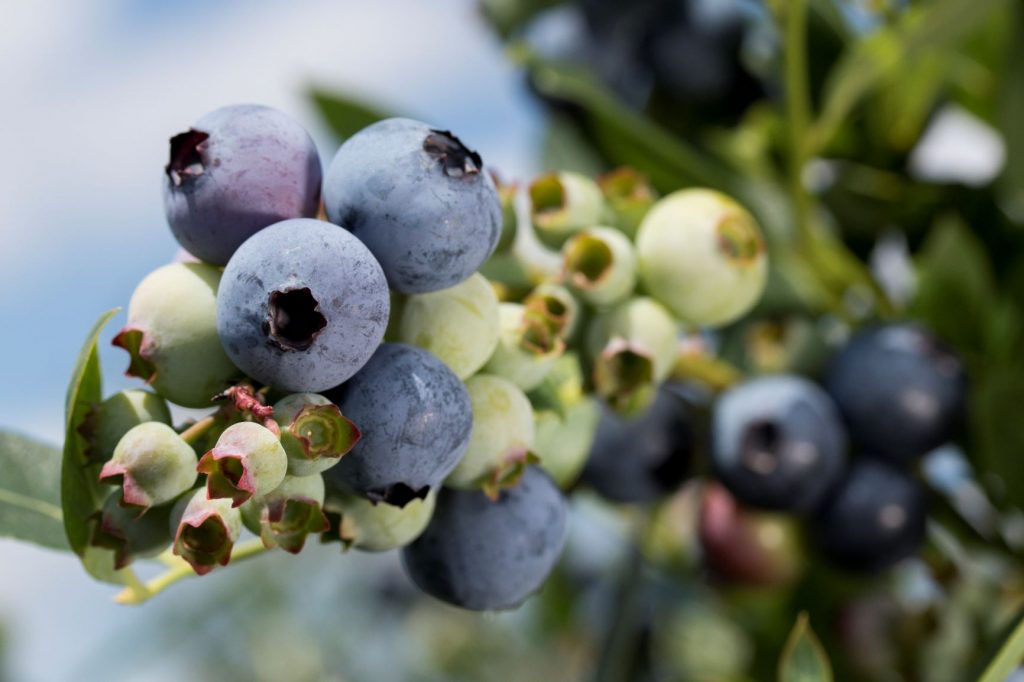By Clint Thompson
Nitrogen is an element that blueberry plants require most. One University of Florida Institute of Food and Agricultural Sciences (UF/IFAS) researcher believes there is room for improvement in how growers distribute that essential element.

Gerardo Nunez, assistant professor in the UF/IFAS Horticultural Sciences Department, discusses nutrient research in blueberries.
“It is an element where we believe there is a lot of room for people to make the right timing and right form choices to further farming goals. With respect to the right form, blueberries are a unique plant. They prefer ammoniacal nitrogen, which is a contrast to right about every other plant, particularly any of the other plants we cultivate here in Florida like citrus, vegetables, strawberries. They all prefer nitrates. Blueberries prefer ammoniacal nitrogen,” Nunez said. “Sometimes we see growers using the same fertilizer that they use in other crops. That can set growers back, particularly when they’re farming with blueberry.”
Nitrate is molecule made with oxygen and nitrogen. It is negatively charged in the soil. The pH is elevated in the soil which creates stressful conditions. Ammoniacal molecules are made with nitrogen and hydrogen. They are positively charged in the soil. The pH is lower, is more acidic and friendlier to blueberry roots.
Nitrogen in the form of nitrates moves rapidly and leach quickly, while ammoniacal nitrogen stays in the soil longer and doesn’t leach as readily.
Nunez used the summer blueberry meetings to help growers become more efficient with their nitrogen usage.
“What we know from the research that we have done in my lab and has been done in a number of other places that studies blueberries, the most vigorous growth is always observed when the majority of the nitrogen that the plant gets is ammoniacal,” Nunez said.










